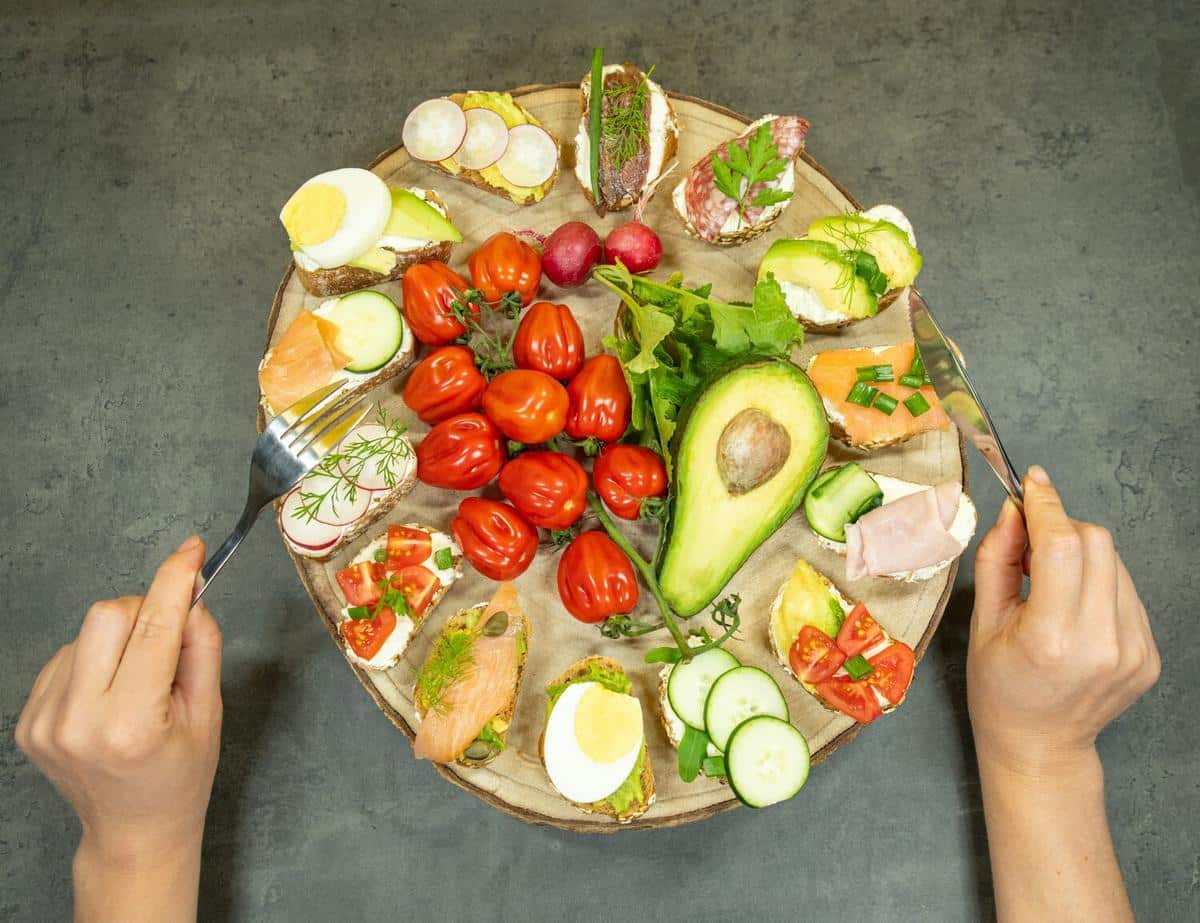
Debunking Common Myths About Plant-Based Diets
Plant-based diets are gaining popularity, yet misconceptions still abound, leading many to question their viability and health benefits.
As more individuals turn towards plant-based eating, it’s crucial to address and dispel the myths that surround this lifestyle. By doing so, we can make informed decisions about our diets and overall health.
Myth 1: Plant-Based Diets Lack Protein
One of the most common myths is that plant-based diets do not provide enough protein. However, numerous plant sources are rich in protein, including lentils, chickpeas, and quinoa. According to the Academy of Nutrition and Dietetics, a well-planned vegetarian or vegan diet can meet all nutritional needs, including protein.
Myth 2: Plant-Based Diets Are Expensive
While some plant-based specialty products can be pricey, staples like beans, rice, and vegetables are often more affordable than meat and dairy. A study from Oxford University found that plant-based diets could save individuals significant amounts on their food bills annually.
Myth 3: Plant-Based Diets Are Bland
Many assume that without meat or dairy, meals become tasteless. On the contrary, plant-based diets offer a vast array of flavors. Spices, herbs, and diverse ingredients can create delicious dishes that satisfy any palate.
Myth 4: It’s Difficult to Get Enough Vitamins and Minerals
Concerns about deficiencies in vitamins such as B12 and minerals like iron are common. While B12 is primarily found in animal products, fortified foods and supplements can ensure adequate intake. Iron can be sourced from lentils, spinach, and fortified cereals.
Personal Experiences
Take, for example, Alex, who transitioned to a plant-based diet last year. Initially worried about missing out on his favorite meals, Alex discovered new recipes that he now prefers over his old diet. His energy levels and overall health have improved significantly.
Actionable Tips
- Start small by incorporating plant-based meals a few times a week.
- Experiment with different cuisines to discover new flavors.
- Plan your meals to ensure a balanced intake of nutrients.
| Nutrient | Plant-Based Source | Benefits |
|---|---|---|
| Protein | Quinoa | Muscle repair |
| Iron | Lentils | Oxygen transport |
| Calcium | Kale | Bone health |
| Omega-3 | Chia seeds | Heart health |
| Magnesium | Almonds | Energy production |
| Fiber | Oats | Digestive health |
| Vitamin C | Bell peppers | Immune support |
| Vitamin B12 | Fortified cereals | Nerve function |
FAQs
Is a plant-based diet suitable for children?
Yes, with proper planning, children can thrive on a plant-based diet.
Do I need to take supplements?
Depending on your diet, supplements like B12 may be beneficial.
Can athletes perform well on a plant-based diet?
Absolutely, many athletes succeed on plant-based diets with proper nutrient management.
Conclusion
Debunking these common myths reveals that plant-based diets can be nutritious, affordable, and flavorful. By embracing a plant-based lifestyle, you’ll not only improve your health but also contribute positively to the environment. Consider starting with small changes and exploring diverse plant-based recipes to ease the transition. For more insights and recipes, visit Eat Right and The Vegan Society.


